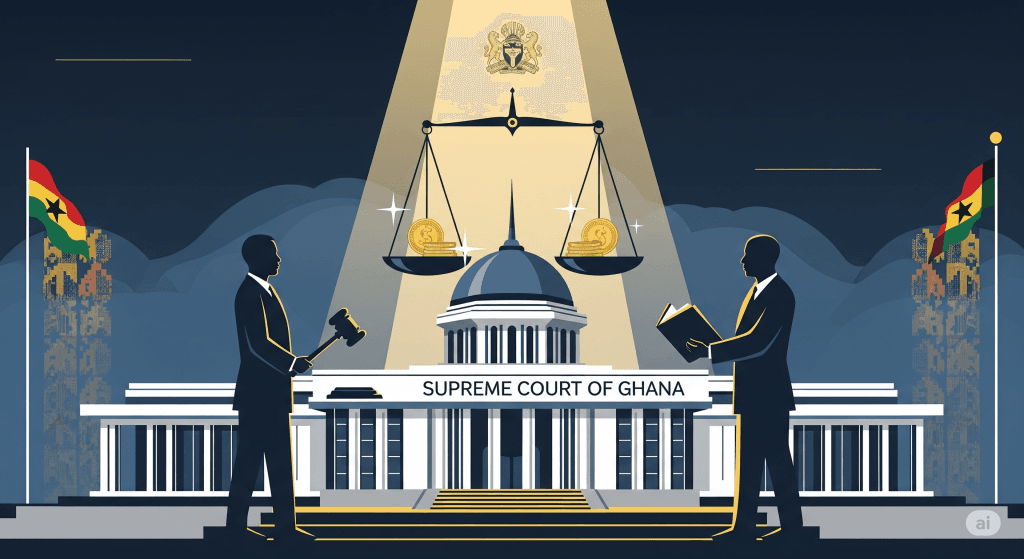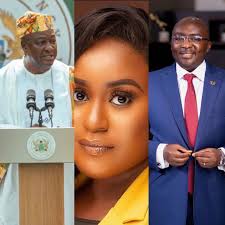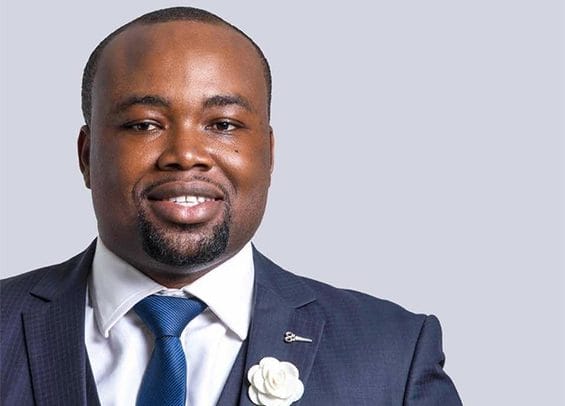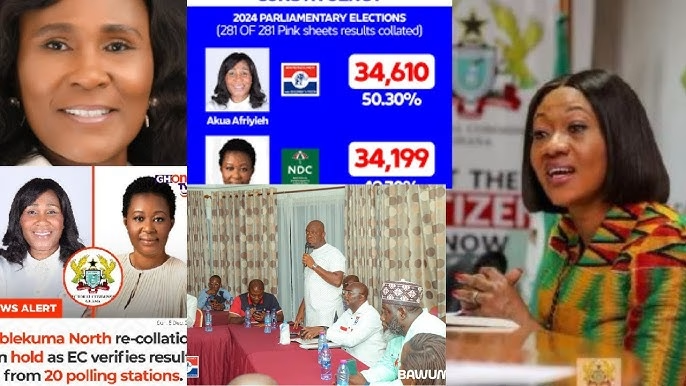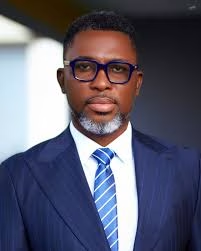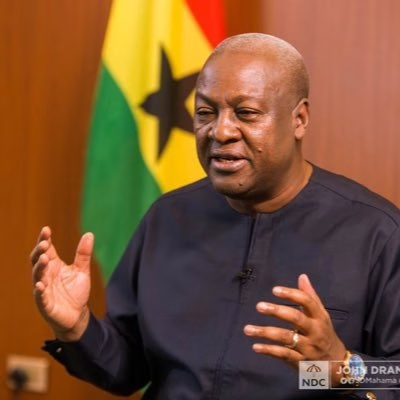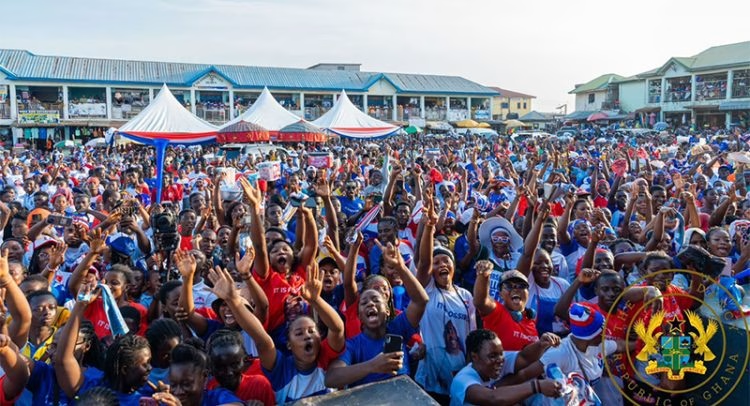Chief Justice Gertrude Torkornoo Suspension Sparks Legal Debate: A Deep Dive into Ghana’s Judiciary Crisis
The suspension of Chief Justice Gertrude Torkornoo has triggered one of the most contentious debates in Ghana’s recent legal history. What began as an administrative measure following allegations of misconduct has now evolved into a full-blown national and international conversation about judicial independence, due process, and the integrity of the Ghana legal system.
With Attorney General Dominic Ayine rejecting calls to reinstate the Chief Justice, pressure is mounting on Ghana’s judiciary and executive alike. This blog takes a closer look at the unfolding crisis, the legal arguments at play, and what this means for the future of justice in Ghana.
Background: The Suspension of Chief Justice Gertrude Torkornoo
Chief Justice Gertrude Torkornoo, once celebrated for her contributions to Ghana’s judiciary, is now at the center of controversy. Allegations of misconduct—though not fully disclosed to the public—led to her swift suspension.
The lack of clarity surrounding the nature of the allegations has fueled speculation and unease. Critics argue that without transparency, the suspension risks being perceived as politically motivated rather than constitutionally grounded.
Dominic Ayine’s Position: Why the Suspension Stands
Representing the government’s stance, Dominic Ayine, Attorney General, has firmly defended the suspension. His arguments emphasize the need for investigations to proceed without interference or premature reinstatement of the Chief Justice.
Ayine has pointed to constitutional provisions as the legal foundation for the suspension. According to him, Ghana’s executive has a responsibility to preserve the credibility of the judiciary by ensuring allegations of misconduct are treated with the utmost seriousness.
This legal defense, however, has not silenced critics. Instead, it has intensified the debate about whether the executive is overstepping its bounds in judicial matters.
Legal Experts Push Back
Many Ghanaian legal professionals and associations, including the Ghana Bar Association, have expressed concern over the decision. Their objections fall into three main areas:
Transparency – The secrecy surrounding the allegations undermines public trust in the judiciary.
Judicial Stability – Prolonged suspension of a Chief Justice could stall justice delivery and destabilize the courts.
Separation of Powers – There is growing fear that the executive’s role in the suspension infringes upon judicial independence.
Adding to the weight of criticism, the Bar Council of England & Wales and the Commonwealth Lawyers Association have both raised alarm about the potential erosion of judicial independence in Ghana.
The Constitutional Debate: Article 146 and Due Process
At the heart of the legal wrangling lies Article 146 of the 1992 Constitution of Ghana, which outlines the process for removing superior court judges. Normally, petitions for removal are investigated by a special committee, ensuring impartiality and due process.
The current situation, however, appears to involve a different mechanism — an administrative suspension pending investigation. Legal scholars argue this may bypass the safeguards outlined in Article 146, raising further concerns about constitutionality and fairness.
This ambiguity is one of the central reasons the case has attracted such fierce debate both within Ghana and internationally.
Implications for Ghana’s Legal System
The suspension of Chief Justice Gertrude Torkornoo is not just about one individual. The way this matter is resolved will set a precedent for the entire Ghana legal system.
If mishandled, it risks damaging public confidence in the judiciary and fueling perceptions of political interference.
If resolved transparently, it could reinforce Ghana’s commitment to judicial accountability while safeguarding independence.
In either case, the outcome will significantly shape how citizens and the international community view Ghana’s legal and democratic institutions.
Media and Public Reactions
The case has dominated Ghana judiciary news across leading outlets such as Graphic Online, Citi Newsroom, GhanaWeb, and Joy Online. Coverage has been intense, with analysis from senior lawyers, civil society groups, and academics.
On social media, ordinary Ghanaians have joined the debate, with hashtags calling for #JudicialIndependence trending alongside demands for greater transparency from government officials.
The International Spotlight
The fact that respected bodies like the Bar Council of England & Wales and the Commonwealth Lawyers Association have publicly weighed in demonstrates the global significance of this case. Ghana’s judiciary has long been regarded as one of Africa’s most stable and credible, and any threat to its independence resonates beyond national borders.
Their interventions underline a simple truth: judicial independence is not just a local matter but a global standard of democracy.
Key Questions Going Forward
Several crucial questions remain unanswered:
What are the specific allegations against Chief Justice Torkornoo?
Was her suspension carried out in strict compliance with the 1992 Constitution?
How will the government ensure fairness and impartiality in the ongoing investigation?
What measures will restore public confidence in the Ghana legal system?
Until these questions are addressed with clarity and accountability, skepticism will continue to surround the suspension.
Conclusion: A Test for Ghana’s Judiciary
The suspension of Chief Justice Gertrude Torkornoo is more than a legal controversy — it is a defining test for the Ghana judiciary news narrative and the future of judicial independence in the country.
The government, led by Dominic Ayine Attorney General, now bears the heavy responsibility of demonstrating that justice will not only be done but will be seen to be done. Transparency, constitutional fidelity, and fairness must guide the resolution of this crisis.
As the world watches, Ghana’s ability to uphold the rule of law during this turbulent period will either strengthen its democratic legacy or cast a long shadow over its judiciary for years to come.
Sources
#SavanabitNews

